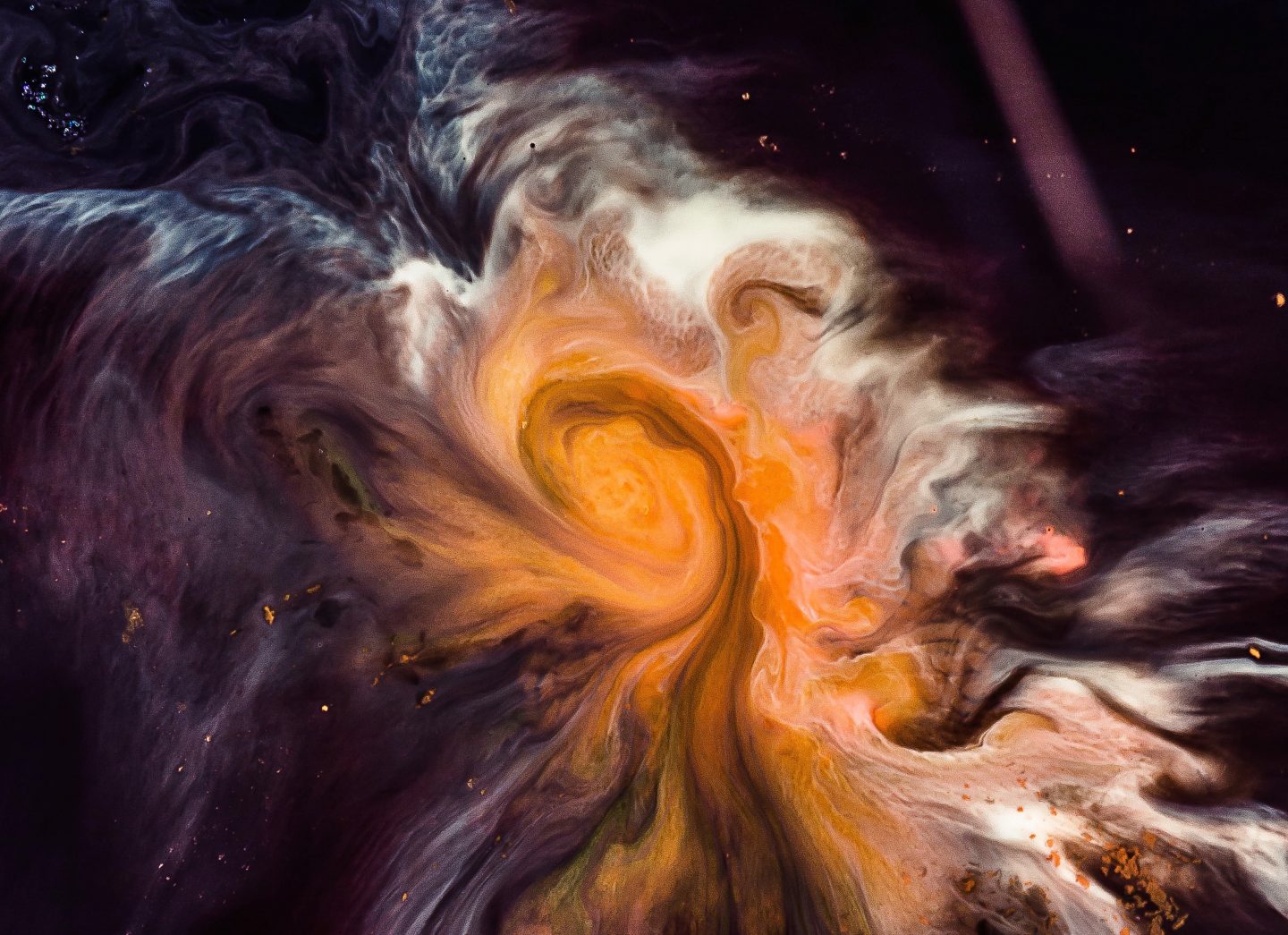
Photo by Joel Filipe on Unsplash
I am a scientist and I am a Christian.
I’ve been a scientist for over 30 years and a Christian for longer, but I am not embarrassed at being a Christian in the midst of all the clever scientists I meet. I wrote here that science is not anti-God and God is not anti-science.
A God of order
God created this universe in such complex orderliness that we are only beginning to understand a bit of what we call “science” today.
For example, let’s issue a global challenge to make a device that is so smart that it can absorb carbon dioxide, break it down to carbon and capture it as a harmless organic material, and for oxygen to be released back to our atmosphere for our use.
Can somebody invent this? Yes, and it is already everywhere in this world – we call it the leaf.
The leaf does that so long as there is light and water and without needing electricity. And it reproduces itself almost everywhere, every day. Plants are the most complex chemical laboratories in the world.
We have a saying in our lab: “If a leaf can do it, so can we.”
The Bible is not a book about science, but it is scientific.
But I’ll be honest with you, even after millions spent, we’ve yet to come up with one micro leaflet, never mind a complete self-sustaining leaf.
And there are different species of plant life. Every morning you will find a hibiscus flower come up, and in the evening it goes down. Yet another one comes up the next morning. A process that wonderfully repeats itself every morning.
Yet each flower is slightly different from another. We can’t tell because our poor eyes can’t tell the difference. Each flower, each leaf that sprouts every day is the glorious expression of our God.
The Bible is not a book about science, but it is scientific.
So what happens if we hit a roadblock and the Bible seems to be unscientific?
For example, as recently as 60 years ago, many had problems with Revelation 11:7-9 which prophesies that people would see the two witnesses die as it happened. That was unimaginable then because they could never dreamed of the kind of satellite and electronic engineering the world would have today. Of course today, with all our advances in satellite TV, this is now totally credible.
The love story in the Bible
Our problem is that we have many more things that we don’t know, and have yet to invent, than what we do know.
The Bible mentions things that will happen as a matter of fact, and the truth is we are just not clever enough to know presently that some of these things are really possible.
The Bible does not take pains to explain it because the Bible is a love story. A love story is not so good if all these scientific details are included, Then there is no more romance, and the true story of salvation — the main point— is obscured.
Also, the science we know today is not all the science that is to be known.
Let me cite an example from my own discipline as a material scientist. I muck around with all sorts of materials like metal, wood, biomaterials, nanomaterials and so forth. Of all the materials we know today, natural or artificial (I myself have created a few artificial materials) we probably know only 10% of all the materials there can be in this world. The other 90% is, as yet, undiscovered.
One of the new materials I developed is a nano-sized rod (about 0.01 micron length) that combines a segment of carbon to another segment of copper. Twenty years ago, we didn’t know this could be done because we did not have the equipment at the time to see it, never mind to make it.
And there are so many more new systems with new properties waiting to be discovered or invented. It humbles us scientists.
A scientist who claims to know everything that is to be known is not telling the truth.
Science never claimed to know everything; it merely explains the things that can be explained, with the equipment and knowledge that we have today, so long as there is “evidence” of the experiments being repeatable (scientists call this “evidence-based”). That’s it; no more, no less.
There are really a lot more things we have yet to know enough to understand and then to explain, and in that sense, science is actually very humble.
Maybe it’s the scientists that are more proud than they should be. Science explains the things we know for now, but it never says: “That is all there is to be known”.
Truth and speculation
We know that the laws of physics are universal. Gravity exists, and we have equations for it, thanks to Newton and a few other people.
Today, we have discovered, at an incredibly small (nano) level, particles that are so small that your eyes cannot see them and the physical laws we have may seem to break down.
Suddenly what applies in the whole universe doesn’t apply when things are really, really small.
There are really a lot more things we have yet to know enough to understand and then to explain, and in that sense, science is actually very humble.
We did not have the equipment to see down to that small size. And what you can’t see, you can’t experiment on it. You don’t know what you don’t know.
So, when scientists say that science has proven that there is no God, I would not be so sure.
Science has proven this. Full stop. That’s it. Anything else is speculation. That is the right way that science should approach things.
Another example is: Light is a wave, and it is particle. Until today, it is still very hard to put the two into a grand theory. You know it is due to human limitations.
Einstein attempted it; he was partially successful, but we know we have to live with the two, and everybody accepts that – no argument.
Then when you say that Jesus is both man and God, they say: “You must be joking; that is ridiculous. Don’t insult me, please.”
But every day, they believe light is both wave and particle.
Undivided
Here is the end of the matter: We don’t know everything. That is why atheism is an act of faith; no one knows everything, so it is impossible for anyone to say they know there is no God.
Science is a very humble and humbling profession. I am not divided; there is not a part of me that is scientist and a part that is Christian.
To be a scientist and a Christian is totally fine; I have done that for 35 years and I don’t need to apologise.
I don’t have to say: “I am sorry I am a Christian.”
But we must, above all, not lose the big picture — that of the glorious Creator God stooping down in love to save sinful humanity. That is the biggest story.
This article was first published in IMPACT Magazine and is reproduced in Salt&Light with permission.
We are an independent, non-profit organisation that relies on the generosity of our readers, such as yourself, to continue serving the kingdom. Every dollar donated goes directly back into our editorial coverage.
Would you consider partnering with us in our kingdom work by supporting us financially, either as a one-off donation, or a recurring pledge?
Support Salt&Light


